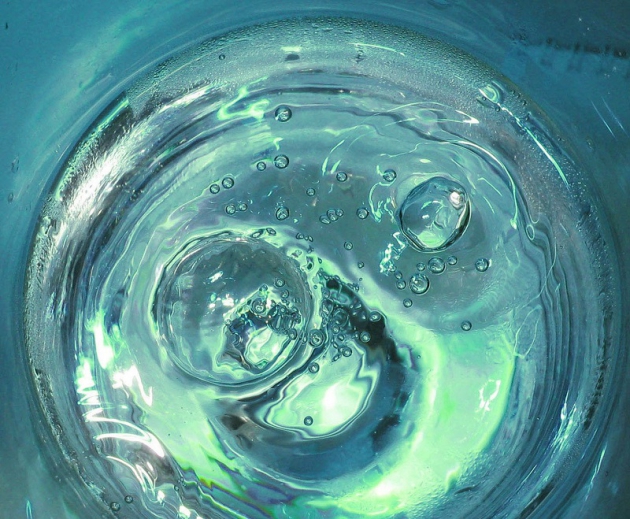With more than 30 years’ experience in the residential and commercial water treatment space, Mark Nelson is a Class 1 Drinking-Water Operator and a CBWA (Canadian Bottled Water Association) Certified Plant Operator. As founder and president of Nelson Water in Ottawa, Mark focuses on dealing with challenging water treatment system designs for problem water. He also heads the largest water bottling plant in the city of Ottawa with a delivery network throughout the Valley.
Many people experience brain fog at some point during their working day. They seem to hit a wall and have difficulty when they try to concentrate and complete their work. This is a common phenomenon particularly in the afternoon, and it’s not unusual to see people turning to stimulants to help them get to the end of the working day. Caffeine is the most common options, in the form of strong coffee or caffeine-laden energy drinks. This may alleviate the symptoms for a short period of time, but there is an underlying cause that should be dealt with first. The leading cause of brain fog is dehydration, and our brain function can be improved if we simply drink enough good quality water.
Brain Function is Impaired by Dehydration
Drinking water is vital for our health, but many people are unaware of its importance to how well our brains function. The human brain is composed of 75% water, and dehydration can seriously affect how well the brain works. The cells in our brains need a good balance of water, and the neurons require water for electrical transmission. The water will also carry vital nutrients to the brain and help to flush away harmful toxins.
Many people don’t drink nearly enough water daily to maintain an adequate level of hydration. Even if a person is only slightly dehydrated, studies have shown that they will suffer from a loss of mental agility and a short term memory. This will make the person feel sleepy and lead to a lack of concentration, hence the term brain fog. Therefore, it’s crucial to drink healthy water throughout the entire day to maintain brain function and stay alert. This is also a great way to avoid headaches, which are often an early key indicator of dehydration.
Water Consumption and Mood Elevation
There are other unusual health benefits that can be enjoyed by drinking adequate amounts of clean, healthy water. It’s not uncommon to also experience negative moods swings and low energy levels when our brain functions are impaired due to dehydration. A study conducted by The Journal of Nutrition has theorized that mild dehydration affects our mood because “Once cognitive or physical performance is degraded, survival may be affected because the ability to find water or respond to threats is diminished.” This means that our bodies have an evolved built-in alarm system that will warn us when we need to drink more water. In fact, the same study examined how dehydration affects women, stating that “key mood states including vigor, fatigue, concentration, and headache were adversely affected by a small change in hydration.” So an added benefit of drinking water to dismiss or prevent brain fog will also help to lift your mood and energy levels to finish your day strongly.
Some Water Drinking Advice
Try to drink water as part of your morning routine, because during the night as we sleep, we lose water through sweat and breathing. Before you drink your morning beverage, drink a glass of water first to replenish and rehydrate. Drink water throughout the day, if you want a snack, try drinking a glass of water first; hunger pangs are often a sign of dehydration. Finally, before eating a meal, drink a glass of water to improve your digestion.
For your drinking water solution, contact your local water treatment expert.

